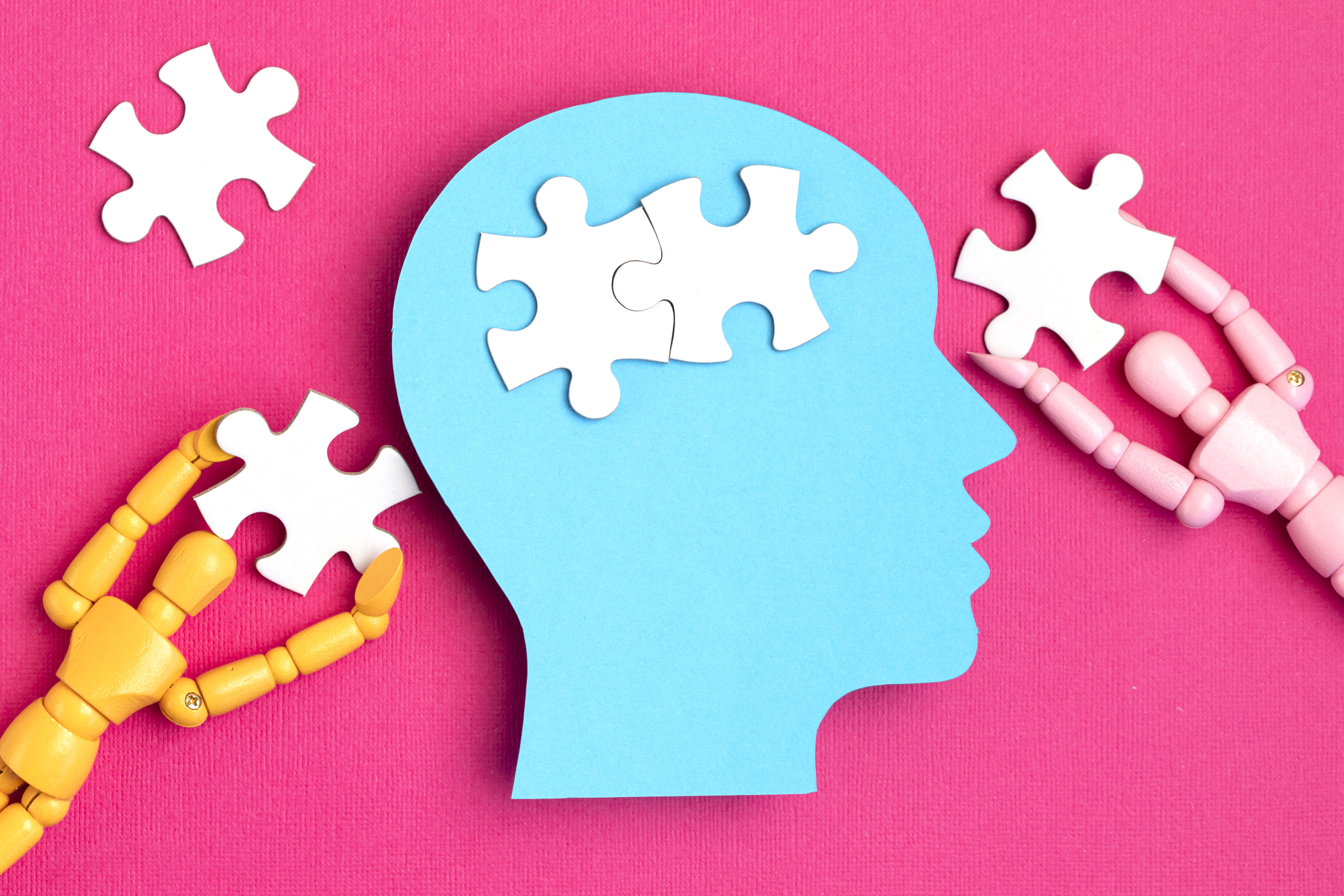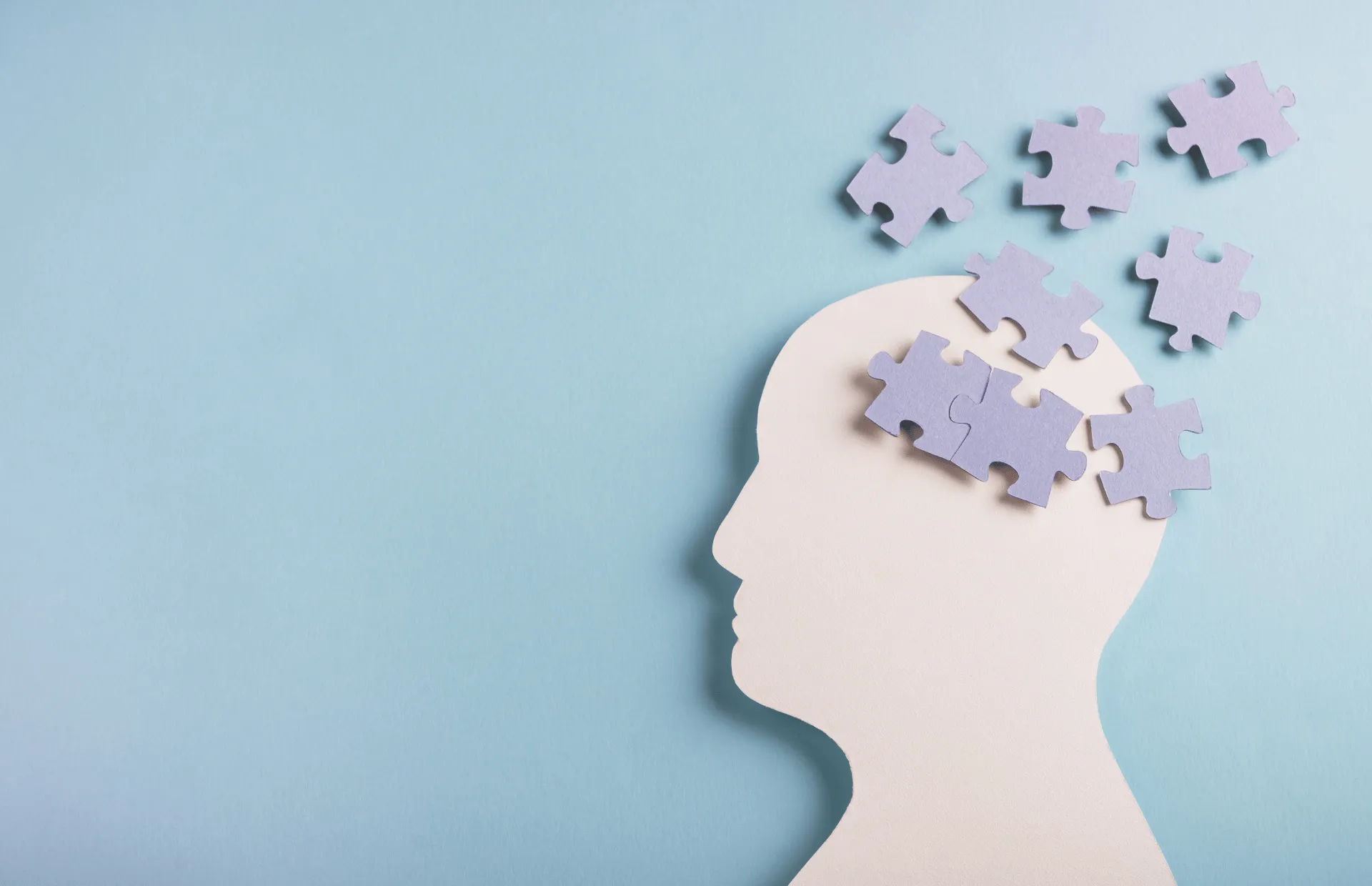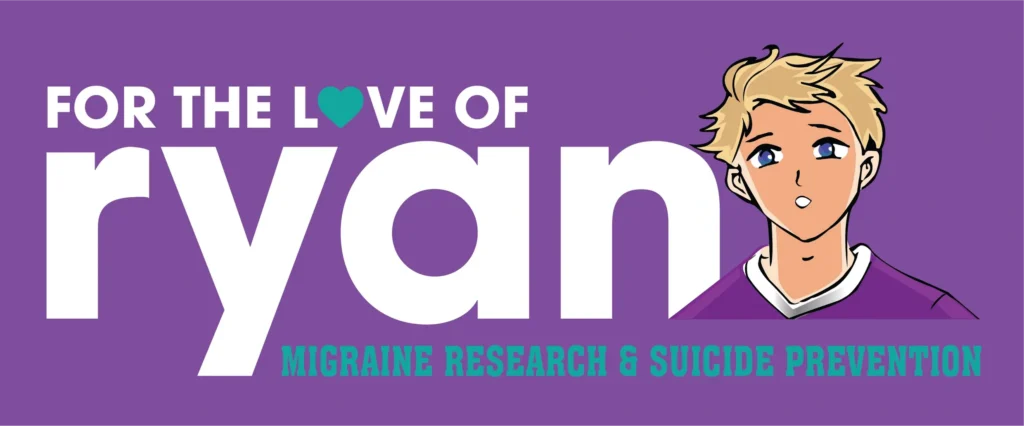For numerous migraine sufferers, what begins as occasional, episodic attacks can evolve into a relentless, disabling pattern of chronic migraine – defined as 15 or more headache days per month.
This transition, termed “migraine chronification,” does far more than simply exacerbate physical suffering. Mounting research reveals that it dramatically heightens the risks of developing comorbid mental health conditions like anxiety and depression. In this illuminating article, we dive deep into unpacking the profound mind-body connections underlying this phenomenon.
The Staggering Scope
While estimates suggest around 2.5% of the general population lives with chronic migraine, the psychological reverberations manifest in striking statistics:
Up to a staggering 80% of chronic migraine patients experience depression, anxiety disorders or both, according to a 2021 review in Frontiers in Neurology.
Compared to those with episodic migraine, chronic sufferers have a five-fold increased risk of developing anxiety and a three-fold elevated risk for depression (Buse et al, 2013).
Alarmingly, this link is bidirectional – pre-existing mental health issues like depression and anxiety can precipitate migraine chronification, which then further exacerbates psychological distress in an insidious cycle.
Neurobiological Drivers
Uncovering the neural roots of migraine chronification sheds light on these mental health connections:
Central Sensitization: With each migraine attack, noxious signaling progressively increases the hyper-excitability of pain pathways in the brain and brainstem through “central sensitization,” lowering the threshold for future attacks (Kodali et al, 2021). This repeated onslaught may disrupt mood regulation circuitry.
Stress and Reinforcement: Migraine attacks are inherently physiologically stressful events. Over time, this chronic stress can remodel neural networks, altering neurotransmitter levels and sensitizing the body’s stress response systems – changes that increase vulnerability to anxiety and depression (Maleki et al, 2012). Psychological distress can also exacerbate migraine triggers like insomnia, muscle tension and medication overuse.
Medication Overuse Headache: Many sufferers resort to frequent analgesic use for symptomatic relief, but rebound headaches from medication overuse can facilitate migraine chronification. Certain pain relievers like barbiturates have also been independently linked to higher depression risks.
The Search for Solutions
With such high personal and societal stakes, researchers are fervently studying multi-modal strategies to prevent migraine chronification and mitigate its mental health impacts:
Peripheral Neuromodulation: Novel electrical neurostimulation devices like the FDA-approved Nerivio armband work by intercepting migraine signals traveling along peripheral nerves, aborting attacks in their earliest stages before central sensitization processes are triggered.
Anti-CGRP Preventives: By inhibiting CGRP, a key neuropeptide that facilitates central sensitization, these new migraine preventive therapies like erenumab and eptinezumab may indirectly reduce risks of anxiety and mood disorders.
Multidisciplinary Care Models: Integrative treatment plans combining preventive medications, cognitive-behavioral therapy, mindfulness-based stress reduction, sleep optimization, nutraceuticals and even interventional procedures like nerve blocks show promise in holistically “short-circuiting” the vicious migraine chronification-mental health cycle.
The For The Love of Ryan Approach
At For The Love of Ryan, we’re acutely aware of the devastating impacts chronic migraine can have on emotional well-being. Through our support initiatives and collaborations with leading headache medicine specialists, we strive to connect families with the latest educational resources, coping strategies, and access to cutting-edge integrative care.
Our network of compassionate clinicians and peer counselors bring deep lived experience in navigating the unique challenges chronic migraine sufferers face daily. We’re driven by our conviction that while this journey is undoubtedly arduous, skilled, personalized management addressing both the migraine and mental health fronts can pave the way to thriving.
No one should ever feel alone in navigating this complex, multi-faceted condition. Join our community and explore our wealth of carefully curated resources guiding you towards understanding, resilience and brighter days ahead.









